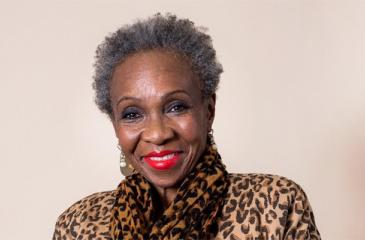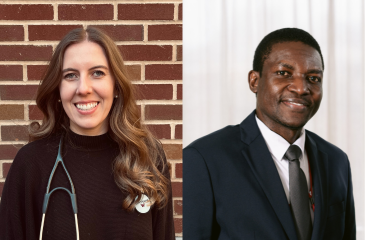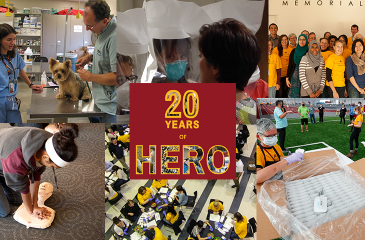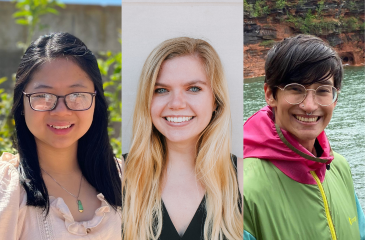The thoughts reflected in this piece are the authors’ individual, expert opinions as a Black Minnesota resident.
The COVID-19 pandemic has shown that when it comes to health, Black people account for a disproportionate number of cases. Too often, we bear the brunt of dying on the front lines for America. As the first Black woman elected as board chair for the University of Minnesota Community-University Health Care Center, I am uniquely positioned in the healthcare world. This is my ninth year as board member director. I lead the charge for governing from the board’s perspective and am a patient representative first and foremost.
Black women in leadership roles are routinely questioned, and yet, we pave the way for so many others to follow. Being in the medical field, which is dominated by white men, I walk into meetings where I am the only person of color. I get looks of, why are you here? No matter the discomfort, I find my seat at the table. I am often a cultural broker between the communities I serve and the people who sit around those tables. I have to navigate the streets and the suites and frequently encounter friction from both sides.
For Black communities, a history of medical distrust has led to strained relations with healthcare providers. People still remember Tuskegee, the medical apartheid and the use of slave labor, and as recently as the 60’s for medical research. As a result, many people postpone treatment until emergency care is needed. I have to teach people that the emergency room is not their primary source of healthcare. Earlier interventions are needed for preventative health measures. It’s an uphill battle.
Part of addressing this historic distrust, is that we need more young Black people in healthcare professions, and we can do this through education. Young people bring back what they have learned to their families and communities.
The most important lesson is this: one's health is the most valuable asset we have. It’s in our best interest to take care of ourselves. Community-University Health Care Center is a model for letting patients be in the driver’s seat. We also bring in interns of color and prepare them for medical careers. Something that I tell my scholars is to put things in place for the future, and this includes health care and health professions. At the same time, we have to remember not to forget the folks coming behind us.
We stand on the backs of our ancestors. I have spent the bulk of my life volunteering and giving to my community. There have been many days where it felt like, it amounts to little in the face of overwhelming obstacles, still, I’ve stayed the course. At some point, we've got to stick our big toe in the pond of trust. Change is coming. I realize I may not be around to see it, but does that mean I work any less hard? No. I’m planting seeds that will bear fruit.
- Ms. Jewelean Jackson, Community-University Health Care Center Board Chair
“Reimagine Health” is a series covering remarkable individuals making a difference in health and health care. Through novel approaches and interprofessional collaboration, the Office of Academic Clinical Affairs is reimagining health for Minnesota and beyond. Together we can address complex problems affecting community and individual health.



